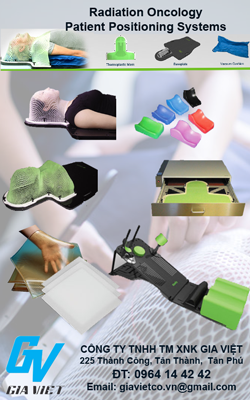Introduction
Alcohol detoxification is an important procedure in trip of recovery for individuals experiencing liquor addiction. It aims to get rid of toxins from human anatomy while handling withdrawal signs. This report explores the importance of alcohol detox, the symptoms experienced during cleansing, plus the practices used to make sure a secure and efficient detox process.
Need for Alcohol Detoxification
Alcoholic beverages detoxification plays a crucial role in addiction recovery as a result of physical and emotional dependence that develops in the long run. Chronic alcoholic abuse causes alterations in mind biochemistry, leading to withdrawal signs whenever alcohol consumption is ceased. These symptoms can include tremors, anxiety, insomnia, sickness, as well as seizures. By undergoing detoxification, people can over come the immediate physical aftereffects of liquor withdrawal, establishing the stage for further treatment and long-lasting recovery.
Symptoms Experienced During Alcohol Detoxification
During alcohol detox, people may experience many withdrawal signs that will differ in severity. Minor signs can include trembling, sweating, and headaches, jintara Rehab while worse situations can include hallucinations, delirium, and seizures. The strength and period among these signs rely on different facets, including the quantity and length of alcoholic abuse, specific illnesses, and previous detoxification experiences. It is important to note that these signs can be deadly, highlighting the requirement of healthcare guidance through the detox process.
Types of Alcohol Detoxification
You will find different ways and settings available for alcohol detox, and that can be categorized into outpatient, inpatient, and hospital-based detox facilities. Outpatient cleansing programs offer flexibility, allowing people to get treatment while living home. However, they are usually suitable for people with moderate detachment signs and a good support system. Inpatient detox programs supply a controlled environment with 24/7 medical care, guaranteeing instant attention to any complications which will occur. Hospital-based detox, however, would work for individuals with serious detachment symptoms, calling for an increased degree of health intervention.
During detox, health experts may provide medicines to ease detachment symptoms and lower disquiet. Medicines such as for instance benzodiazepines, anticonvulsants, and anti-anxiety medicines can be used to handle detachment signs efficiently. Furthermore, doctors monitor essential indications, offer guidance solutions, and implement a thorough treatment plan to deal with the underlying reasons for alcohol addiction.
Conclusion
Alcohol detox is a critical action towards data recovery, aiding individuals in managing detachment signs and reducing the danger of problems. It gives a safe and supervised environment for individuals to eradicate toxins from their health and makes them for additional treatment modalities. But is essential to acknowledge that detoxification alone is not a whole answer but instead the initial phase of a thorough plan for treatment. After detoxification, individuals must be promoted to engage in counseling, therapy, and organizations to address the psychological and personal aspects of liquor addiction. By recognizing the value of alcoholic beverages detoxification and providing extensive treatment, health care specialists could offer people fighting alcohol addiction a larger opportunity at enduring data recovery.


